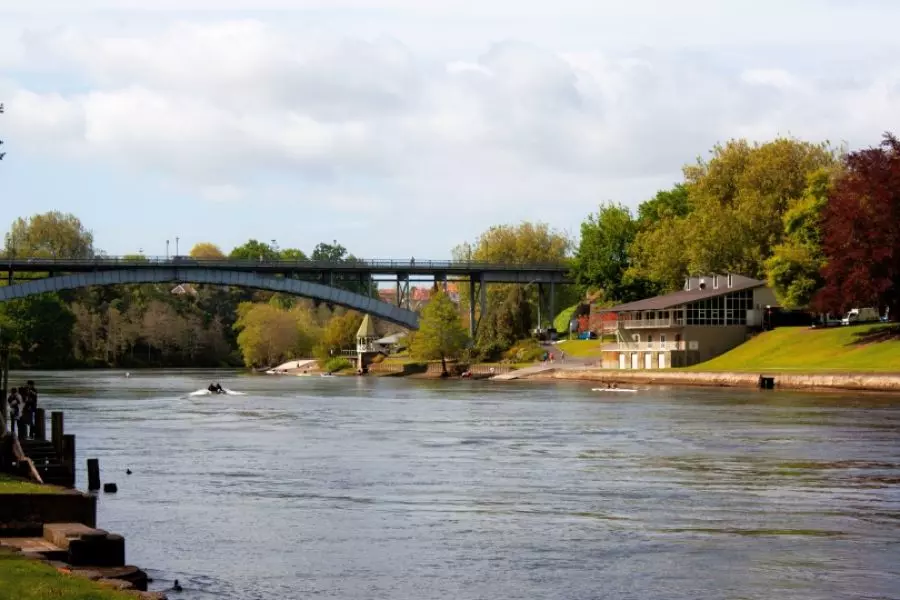News
Year-on-year price growth still strong

Tuesday 22nd of August 2017
Average asking prices have stalled nationwide and in the main centres, according to the July instalment of Trade Me Property’s price index.
The national average asking price came in at $631,350, which is down on $632,850 in June and 2.1% lower than the peak of $644,000 in April.
Auckland’s average asking price rose by just 0.1% to $912,000 in June, while Wellington h...
Want to read the full article?
Click the button below to subscribe and will have unlimited access to full article and all other articles on the site.
2 min read






![[The Wrap] Bye Bye Bayly](https://goodreturns.publit.io/file/c_fill,w_900,h_600/39f23ac1-f7c7-4854-b700-a150004ebbac.webp)


